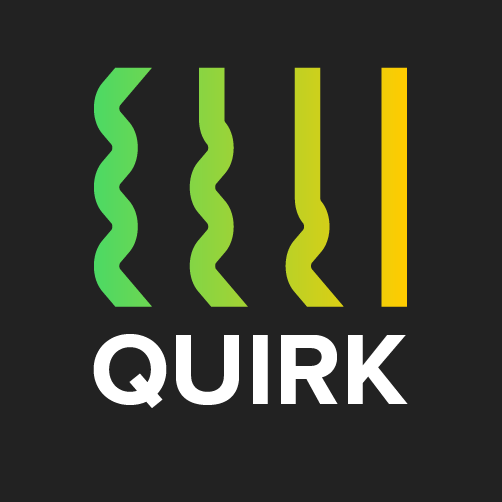Use Case: Data-Driven Sprint Retrospectives Without the Guesswork
Scrum Masters and Agile Coaches often struggle with retrospectives that rely on team memory and subjective recollections, leading to incomplete insights and repeated issues. Teams spend valuable time trying to reconstruct what happened during the sprint rather than focusing on actionable improvements. Recognising the need for objective data, stakeholders seek a solution to transform retrospectives from opinion-based discussions into evidence-driven improvement sessions.
1. Initiation
The team identifies that their current retrospective process lacks concrete data about workflow patterns and delivery bottlenecks. Sprint reviews consistently surface the same issues without clear understanding of root causes. Stakeholders acknowledge that subjective recollections during retrospectives often miss critical workflow disruptions and fail to identify systemic problems that impact delivery predictability.
2. Implementation
Board Rewind for Jira is seamlessly installed into the existing Jira instance with zero configuration required. The tool immediately begins capturing timeline data from existing board activity without requiring custom fields or workflow changes. Teams receive brief training on using the timeline controls and interpreting flow charts to ensure effective adoption during retrospective sessions.
3. Execution
During sprint retrospectives, teams use Board Rewind to replay the sprint timeline, observing how work actually flowed through their process. The Scrum Master uses the rewind functionality to identify specific moments when work stalled, tickets moved backwards, or bottlenecks emerged. Teams examine cumulative flow diagrams to spot patterns of scope creep, rework loops, or resource constraints. Instead of asking "what do you think happened?", facilitators can show exactly when and where issues occurred.
4. Outcome
Retrospectives become significantly more effective and actionable. Teams report 50% reduction in meeting time as discussions focus on observable patterns rather than reconstructing events from memory. Sprint improvement actions are based on concrete evidence, leading to measurable workflow enhancements. Teams identify recurring bottlenecks that were previously invisible, enabling proactive process adjustments. Retrospective outcomes demonstrate higher implementation success rates due to the clarity provided by Board Rewind for Jira.
